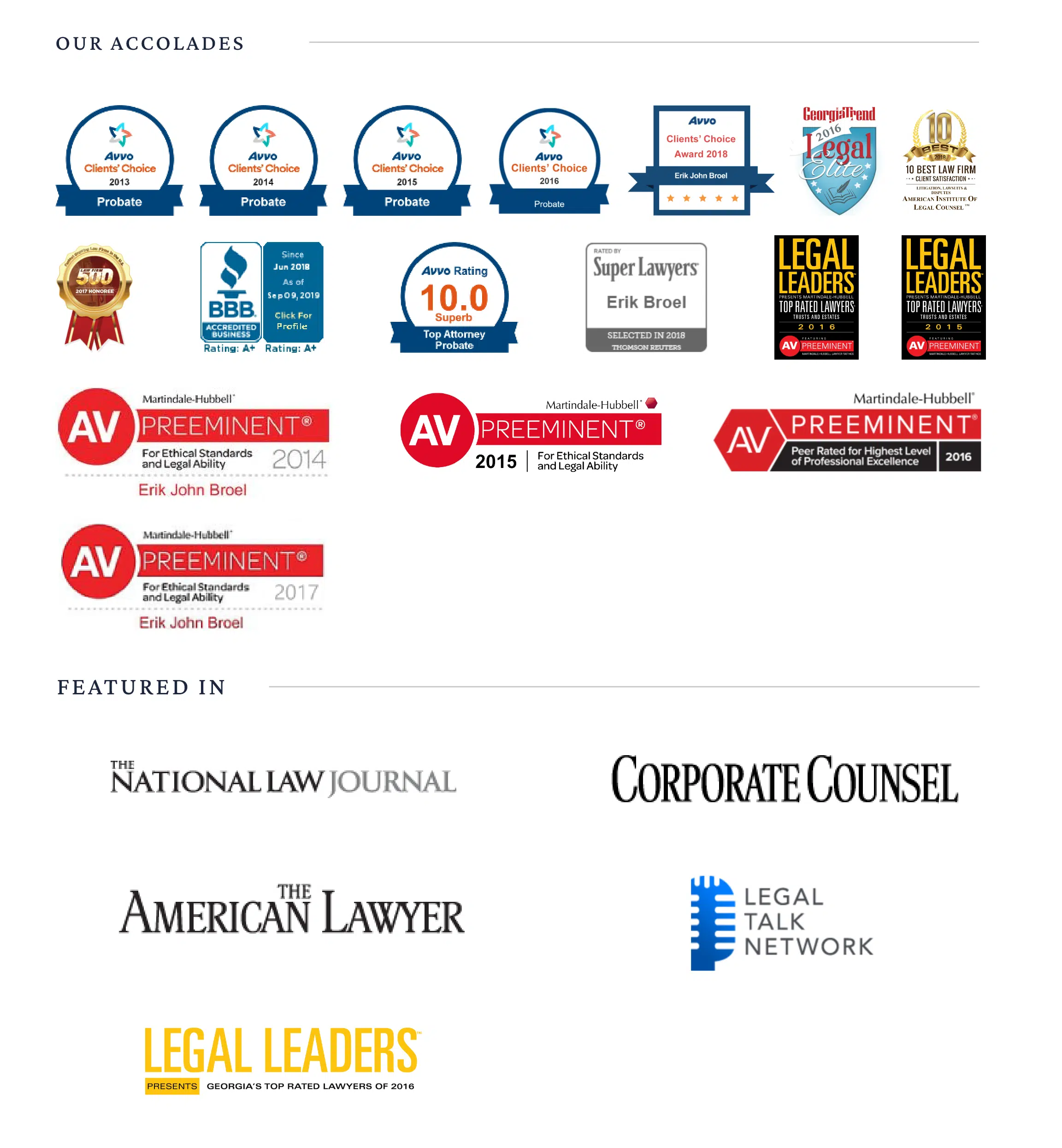Co-executor not cooperating problems can happen when two people are supposed to manage an estate together, but are not working well together for one reason or another.
Previously, we reviewed some co-executor basics. If you missed that article, you can read it here.https://www.georgiaprobatefirm.com/co-executors/
What happens when one of those co-executors or co-administrators doesn’t want to handle the estate correctly? What happens when one of those co-executors starts taking action on estate matters without consulting the other co-executor?
What is the other co-executor to do?
What’s the best way to deal with those co-executor problems and uphold the duties they have under Georgia law?
This is an important question, and we’re going to answer it today.
Let’s say, for example, we have two co-executors or co-administrators. One of those co-executors or administrators isn’t doing things the right way.
They’re supposed to sign checks together. They’re supposed to take actions together, jointly as a pair.
But one of those co-executors or co-administrators has gone off and they’re trying to write checks on their own.
Maybe they’ve even opened an estate bank account on their own without the other co executor’s participation.
Maybe they are taking advantage of estate assets on their own, and our second co-executor or co-administrator is saying, “Wait a minute. I don’t think we should do it that way. I think what you’re doing may be incorrect.”
But our bad-acting co-executor doesn’t listen, and they keep doing things their own way.
What should a co-executor do if they want to do this process correctly?
First, they need to communicate.
They need to clearly communicate to the bad-acting co-executor or co-administrator that they believe that their actions are not in the best interest of the estate, and that they don’t approve their actions.
But what if that doesn’t work?
The next step that co-executor or co-administrator needs to do is think about how to protect themselves in this situation.
Something that many people don’t realize is that if those bad actions of one co-executor cause some harm to an heir, to a beneficiary, to a third party, both co-executors can be held liable for those actions, even if only one co-executor is acting badly.
How do we protect that co-executor from that type of liability?
This is one of the few times in the law where someone may actually have a duty to take legal action or a duty to sue the other co-executor.
They may have an obligation to take the bad-acting co-executor to court and formally file a legal objection to that co-executor’s actions.
If our good co-executor does that then they can get some coverage and protection. In a situation like this, it’s crucial to act quickly.
The good co-executor can’t wait until the bad co-executor has already caused harm to an estate and the liability is clear. They’ve got to protect themselves earlier in the process.
This is often not the answer that our clients want to hear when they come to our firm and they say: “I’ve got someone, they’re really acting poorly as a co-executor and we’re not getting along.”
Unfortunately though, this is the legal reality of the situation.
We often have to advise them to take some type of action to protect themselves.
These situations where co-executor are in conflict are complicated.
There is no 100% right answer. It’s going to depend on the particular facts of your unique situation.
If you’re in a situation like this, I strongly recommend that you reach out to our office.
If you’re having co-executor not cooperating problems, we would be more than happy to talk with you and have a consultation. Please give us a call at (770) 920-6030.
Compassionate listeners, knowledgeable guidance. Schedule a free consultation with our team and let us help you and your family with your legal concerns.
GET IN TOUCH 770-796-4685Learn Important Probate Essentials, including key things that go wrong in an estate, how to prevent them, and what to do if they happen.



© 2024 Georgia Probate Law Group by Broel Law, LLC. All rights reserved.